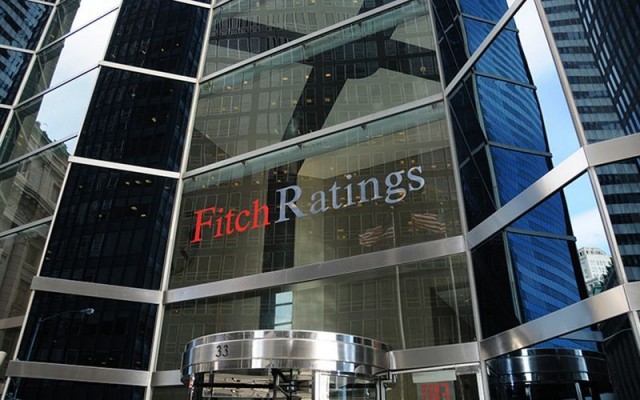
Global credit rating agency Fitch Ratings has revised Morocco’s default rating for long-term foreign currency bonds to BB+. While Fitch saw enough reason to downgrade Morocco it still considers its outlook to remain stable. The downgrade from BBB- to BB+ means that Morocco’s long-term foreign currency bonds now have junk bond status.
The announcement of Fitch’s rating downgrade sent Morocco’s dollar bonds tumbling. Morocco’s 2042 bond (US617726AG97=TE) dropped 2.2 cents to reach a recent low of 121 cents on the dollar. Losing the investment grade rating means Fitch considers that Morocco’s chances of defaulting on long-term foreign currency bonds have increased.
It appears that recent ambitious plans to expand universal health coverage and public services were a primary reason for Fitch’s downgraded rating. Amid depressed tax revenues due to the COVID-19 pandemic, Morocco has chosen to use foreign debt to finance stimulus and support measures in order to minimize impact on its national budget.
Fitch’s rating reflects its forecast that Morocco is likely to widen its deficit from 4.1% of GDP to 7.9% despite relief programs financed through external and domestic grants. Fitch expects spending on social security, local governments, and extraordinary support measures to more than double, from 2.9% to 7.3% of GDP.
Fitch’s commentary on its rating downgrade expected social spending to rise because of “staged implementation over five years of universal health, unemployment, pension and family benefits.” This new spending aims to help bring down unemployment levels that are at a 19-year high because of a COVID-19-induced collapse in tourism and manufacturing.
“Large fiscal deficits and weak growth will drive a steep rise in government debt,” the ratings agency predicted, yet Morocco’s access to domestic investment provides a source of strength. Morocco funds two-thirds of its financing requirements domestically and 75% of debt is in local currency, which avoids the risk of exchange rate fluctuations over most of the country’s debt.
The government’s decision to restructure financially weak state-owned businesses prior to the pandemic has seen government oversight increase, limiting future budget risks, according to Fitch. However, the ratings agency doubts whether plans to inject around 7.5% of GDP in guaranteed loans will see much demand amid a weak economy.
Morocco has benefited from low oil prices but a steep fall in revenues from tourism has led to a drop of 82% in the inflow of US dollars to the country. Fitch expects the manufacturing sector to see a slow recovery amid disruptions in global value chains for automotive and aeronautics manufacturers.
While Fitch has now officially given Morocco’s rating a junk bond status, the agency sees positives in Morocco’s foreign reserves and exchange rate flexibility. Foreign currency reserves are set to increase by $6 billion in 2020, with $4 billion coming from external borrowing. The ratings agency attributed the country’s sharpest GDP decline on record primarily to drought and the pandemic.
Fitch does remain optimistic about government initiatives and stimulus funding, saying they will “support the economic recovery, once the world emerges from the health crisis.” Like most countries around the world, Morocco’s economy continues to largely depend on how the global crisis unfolds.

